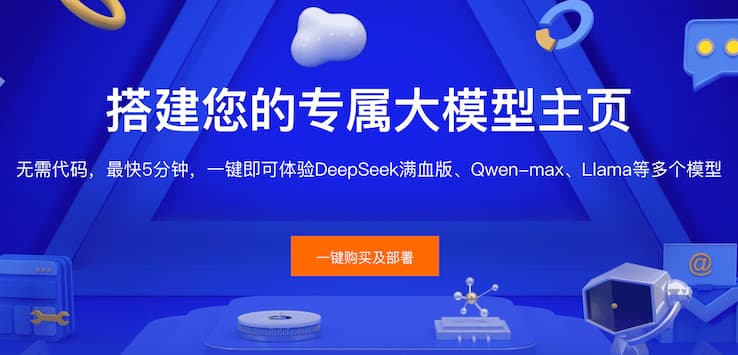
Consensus
Consensus utilizes AI technology to help users efficiently access and understand the core viewpoints of scientific papers, suitable for students and researchers to quickly verify scientific evidence. Experience intelligent conclusion extraction and interdisciplinary search now.
Detailed Introduction
Consensus: Using AI to Help You Understand Academic Research
What is Consensus?
Consensus is an AI tool focused on academic research, designed to help users efficiently access and understand the core viewpoints of scientific papers. By analyzing vast amounts of research literature, it provides concise and accurate summary conclusions, solving users' comprehension barriers when facing complex academic content. Target users include students, researchers, educators, and professionals who need to quickly verify scientific evidence.
Why Choose Consensus?
This tool leverages professional AI models to ensure the scientificity and neutrality of the extracted information. Compared to traditional literature retrieval, it can automatically discern the quality strength of research conclusions, saving users time in filtering inefficient content. For non-professional users, it can avoid comprehension deviations caused by academic terminology; for professionals, it can quickly track research trends across multiple fields. The core advantage lies in simplifying the lengthy research process into trustworthy knowledge outputs.
Core Features
- Intelligent Conclusion Extraction - Automatically identifies the core conclusions in papers, generating unambiguous and concise statements, and annotating research methods and support strength.
- Interdisciplinary Search - Supports keyword searches in 10+ disciplines including medicine, economics, psychology, and filters out low-quality journal content.
- Source Verification - Each conclusion comes with original links and data sources, allowing users to trace back to original research methods and sample data at any time.
- Controversy Annotation System - Significantly annotates conclusions with academic controversies, alerting users to the limitations of the conclusions.
How to Get Started?
- Visit consensus.app, no registration required to experience basic search functions;
- Enter a research question in the search box (e.g., "Does coffee affect health?"), and get AI-organized research consensus;
- Click on conclusion cards to view detailed analysis, including the proportion of papers supporting/opposing the conclusion;
- Register an account to save search history and set up new research reminders.
Usage Tips
- Precise Questioning Techniques: Use structured sentences like "The effect of X on Y" to improve result relevance (e.g., "The improving effect of meditation on anxiety").
- Filter Application: On the results page, filter by research type (clinical trials/meta-analysis) or year to lock in high-evidence-level content.
Frequently Asked Questions (FAQ)
Q: Is Consensus available now?
The website is fully open for access, supporting web and iOS/Android apps. New users enjoy 3 free deep searches per day.Q: What exactly can it help me with?
It can verify common sense (e.g., "Does vitamin D prevent colds?"), assist in literature reviews for paper writing, quickly analyze research evidence in industry reports, and track the latest progress in disease treatment.Q: Is there a fee to use it?
A free basic version is available, while the professional version supports unlimited searches, batch conclusion exports, and research trend analysis functions. Subscriptions include monthly/annual modes.Q: When was Consensus launched?
The platform was officially launched in 2023, with the evidence grading system and mobile apps added in 2024.Q: Compared to Google Scholar, which is more suitable for me?
Choose Google Scholar for original literature retrieval; for direct comparison of research conclusions and quality assessment, Consensus is more efficient. The two can be used synergistically: use Consensus to locate core papers, then obtain full texts via Scholar.Q: Will AI misinterpret the original meaning of papers?
The system has triple safeguards: 1) Only extracts statements of explicit conclusions from papers; 2) Annotates the difference between "researcher statements" and "AI inferences"; 3) Manually reviews high-frequency query results. Users can always cross-verify through original links.
Related Sites
Comments
Leave a Comment
Share your thoughts about this page. All fields marked with * are required.



